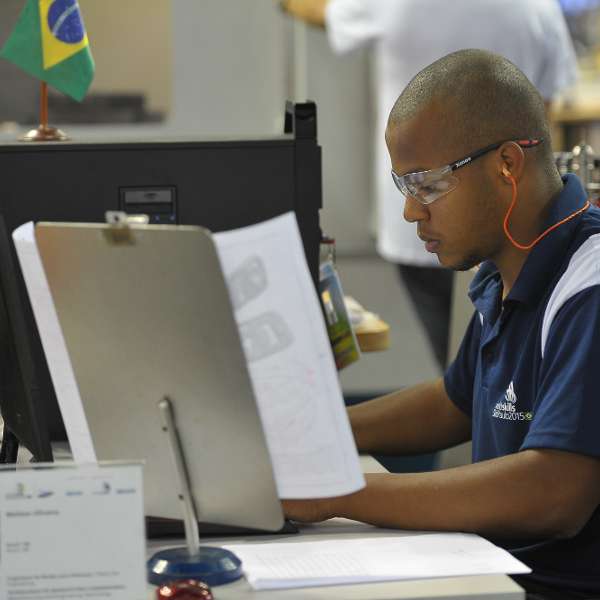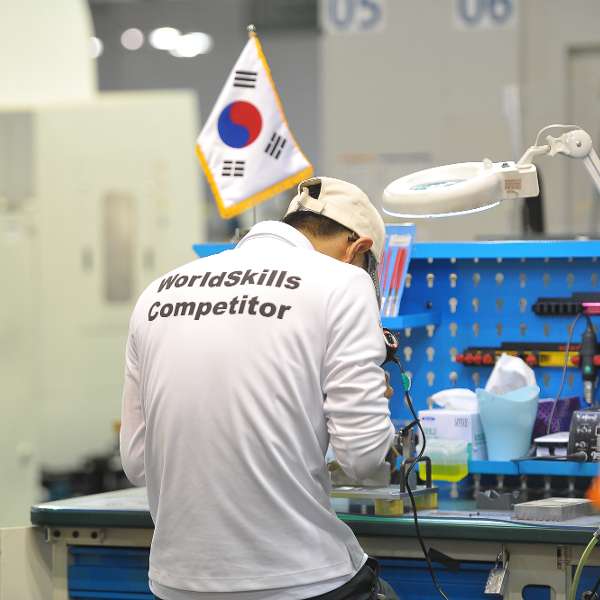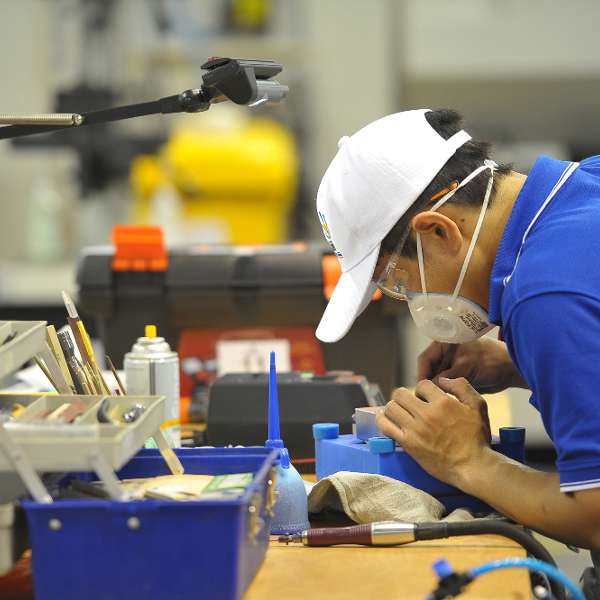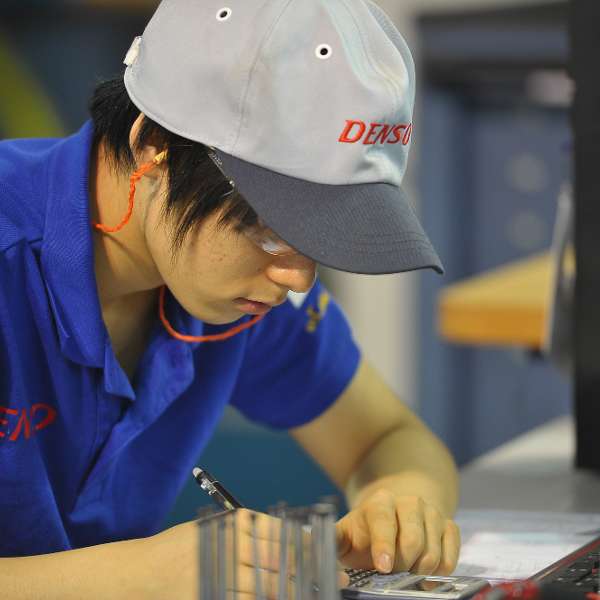Language
Skills are always changing
For the latest information about this skill visit Plastic Die Engineering on worldskills.org.
Plastic Die Engineering
Designing and creating plastic moulds from designer drawings for mass produced products of high quality but at low cost.
Why is this skill important?
Plastic die engineering professionals are engaged in the mass production of plastic products by producing a part mould based on drawings by a parts designer.
The designing and processing of the mould is done with the help of software systems; most of the machining is done on CNC (Computer Numerical Control) machines. The machined parts are then polished and assembled to get them ready for trial. Completed moulds will be installed in an injection moulding machine, from which the plastic products will then be manufactured.
These days, there are many different industries that utilize plastic die engineering. Plastic injection moulded components are used in telecommunications, medical, aerospace and automobile industries, for home appliances, office automation, entertainment, and electronics. The different application requirements for each provide challenges to the engineer, ranging from modelling the product and designing the die to manufacturing it, inspection and troubleshooting of any defects prior to mass production.
The skilled practitioner needs excellent levels of skill in numeracy, hand and machining skill, polishing, assembling, testing, and troubleshooting.
Could this skill be for you?
If you like:
- Making things
- Complex problems
- Using computers
- Working as a team
You should also take a look at:
The Challenge
Important elements of the challenge include:
-
Competitors will design and draw a plastic mould with computer aided design software.
-
Next, the part is machined to the requirements of the drawing.
-
The machined part is then assembled ready for testing.
-
Judges expect competitors who can produce components exactly to the specification.
Skill sponsors
Results
| Medal | Result | Competitor | Country/region |
|---|---|---|---|
| Gold | 727 | Zhang Zhibin | China |
| Silver | 720 | NARAE KIM | Korea |
| Bronze | 717 | Hayato Miyasaka | Japan |
| Medallion for Excellence | 705 | Risky Agung Tarigan | Indonesia |
| Medallion for Excellence | 705 | TING-YEN LIU | Chinese Taipei |
| 695 | Edson Felix | Brazil | |
| 679 | Peerapat Seangate | Thailand | |
| 677 | Tamilselvan Periyasamy | India | |
| 567 | Aleksandr Vorobev | Russia | |
| 563 | Micheál Flynn | Ireland | |
How to compete
To reach the level of skills required to compete in a WorldSkills Competition takes several years of training and dedication. But the best time to start is now.
Find out more about how to take part in a WorldSkills Competition.













